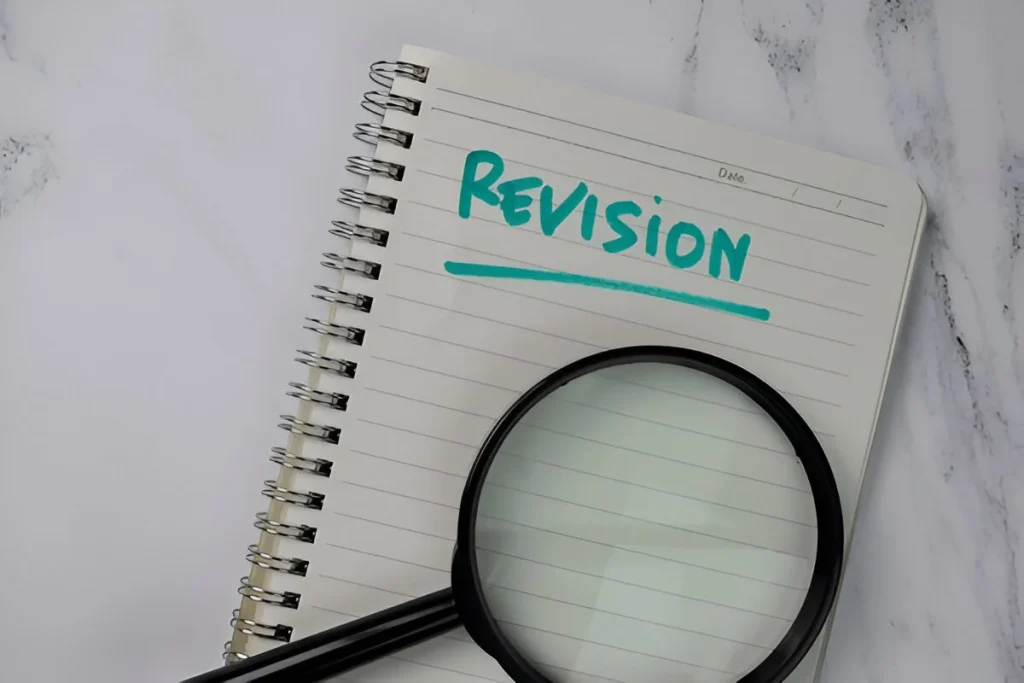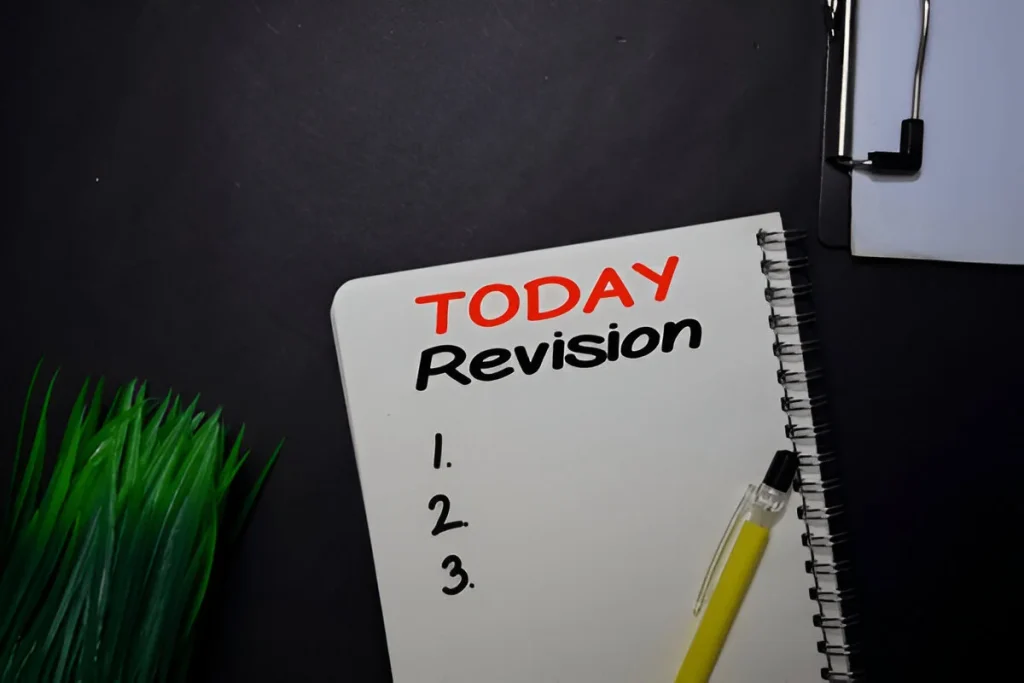
8 September, 2025
The commerce revision strategy is key to success in exams. Learn how a reputed commerce class helps students master effective revision for lasting results
Revision is one of the most crucial stages in any academic journey, especially for students preparing for commerce exams. Many learners put in countless hours of study, yet they often feel unprepared or overwhelmed when exams approach. The key lies not just in studying but in mastering a commerce revision strategy that is systematic, effective, and sustainable.
In today’s competitive academic environment, students need to go beyond rote learning. They must adopt smart techniques that help them recall concepts quickly, apply theories accurately, and approach exams with confidence.

Commerce subjects like Accountancy, Business Studies, and Economics require more than just reading textbooks. They demand clarity in fundamentals, problem-solving skills, and the ability to link concepts with real-world applications. A scattered or last-minute approach to revision often leads to stress and poor performance.
With the right revision strategy, students can:
Before diving into improvements, it’s important to recognize where students often go wrong:
Avoiding these pitfalls sets the foundation for an effective revision plan.
Here are actionable steps every commerce student can adopt:
Revision is not only about academics; your mindset and lifestyle play a big role too.
For students aiming for excellence, here are advanced strategies:
Commerce is not just about exams; it builds the foundation for careers in finance, accounting, business, and economics. Linking revision with real-world cases makes it more engaging:
This approach makes revision meaningful and easier to remember.
While self-study and smart strategies matter, having the right guidance can make a huge difference. Many students find it hard to stay disciplined or identify their weak points. That’s where expert mentoring, structured teaching, and a well-planned curriculum come into play.
Institutions like Acharya Dronacharya Classes, known as the Best Commerce Class in Jaipur, have helped countless students by blending traditional teaching with innovative revision strategies. Their mentorship, mock test systems, and personalized attention make the process smoother and more effective.

Q1. How much time should I spend daily on revision for commerce subjects?
A: Ideally, 3–4 hours of focused revision with proper breaks is effective. Balance between numerical and theory subjects.
Q2. Is it okay to revise only important chapters?
A: No, while prioritizing is important, skipping entire chapters can cost marks. Cover the whole syllabus at least once.
Q3. How do I remember formulas and definitions easily?
A: Use flashcards, sticky notes, and spaced repetition techniques. Teaching someone else also helps.
Q4. Can group study help in revision?
A: Yes, but only if it is structured. Group study is useful for discussion, solving doubts, and explaining topics to peers.
Q5. Should I revise in the morning or at night?
A: It depends on your personal productivity. Mornings are better for fresh learning, while evenings can be used for problem-solving practice.
Improving a commerce revision strategy is not just about putting in long hours but about working smart, staying consistent, and using proven techniques. When revision is done with structure, balance, and the right mindset, it transforms stress into confidence. Students who learn to revise effectively not only perform well in exams but also develop critical thinking skills that last a lifetime.
Institutions such as Acharya Dronacharya Classes continue to prove that the combination of expert guidance and smart revision techniques can help students unlock their true potential.

27 January, 2026

24 January, 2026

21 January, 2026

16 January, 2026

8 January, 2026

31 December, 2025